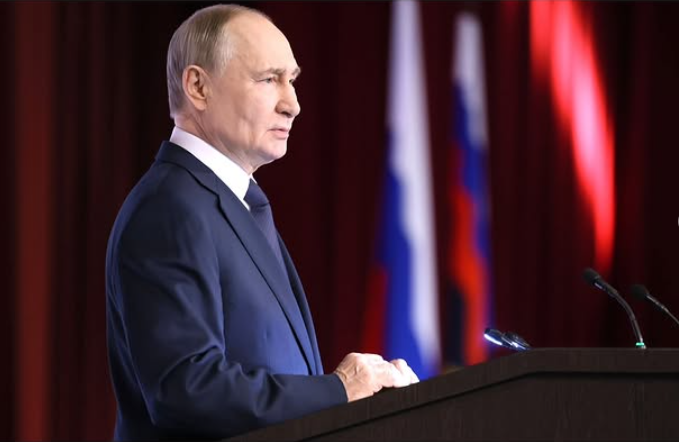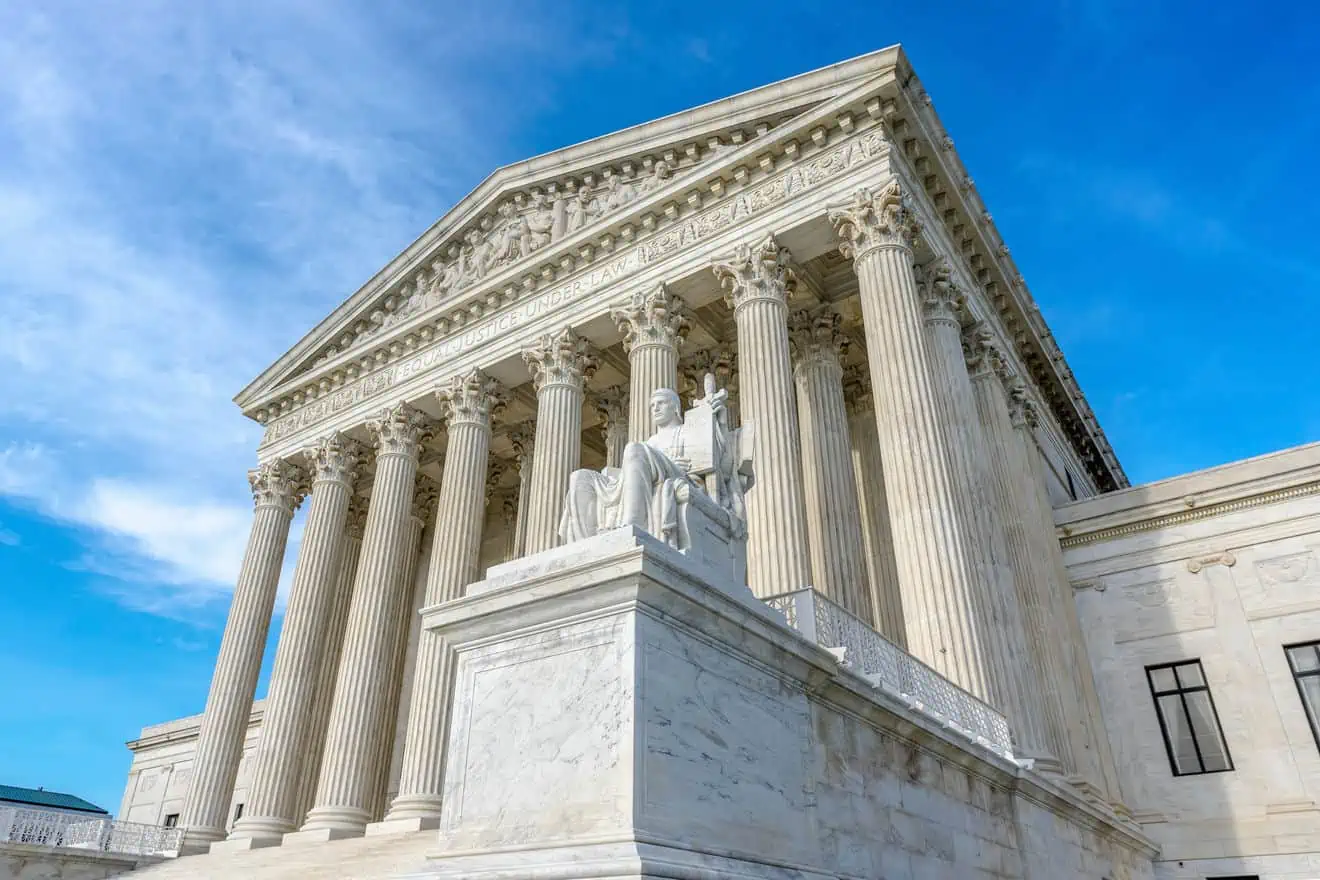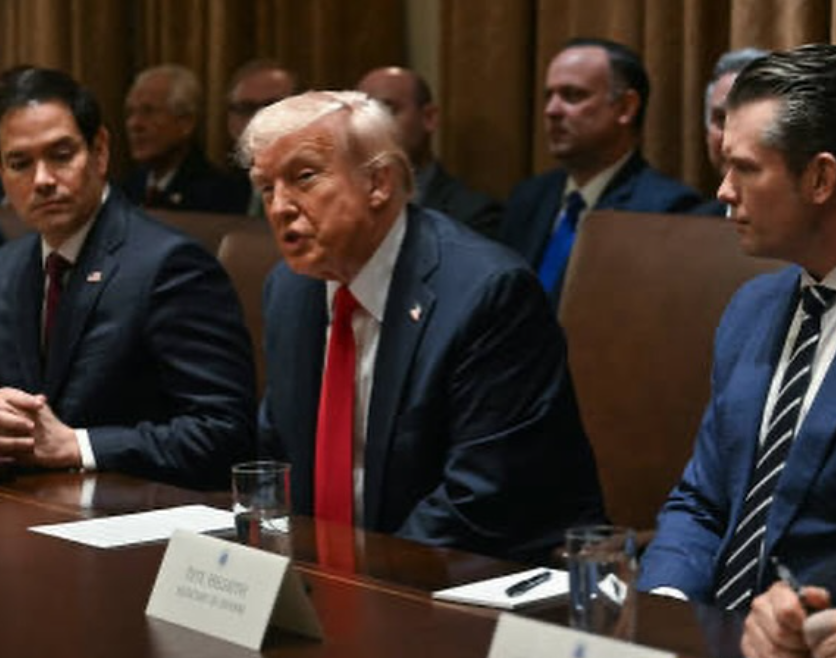[ad_1]
WASHINGTON (Reuters) – U.S. President Donald Trump will turn his signature populist rhetoric toward tax reform on Wednesday in a speech expected to tout tax cuts as a way to help workers and the middle class in an economy “rigged” against them, senior White House officials said.
With his domestic policy agenda stalled amid Republican infighting and his approval rating at just 35 percent, Trump will make his first presidential speech specifically on tax reform, one of his key 2016 campaign promises.
The president will not offer a detailed plan to overhaul the tax code or cut tax rates, the officials said, saying the speech in Springfield, Missouri, will focus on “why” not “how.”
In Washington, few disagree that tax reform is needed, but the “how” is the difficult part. There has been no comprehensive overhaul of the tax code since 1986.
After more than seven months in power, Trump and Republican leaders who control both the U.S. Senate and the House of Representatives are still far from agreement on a tax package, leading some market analysts to lower expectations for changes this year.
Reiterating a campaign theme, Trump will say in his speech, scheduled for 2:30 p.m. EDT (1830 GMT), that the U.S. economy is “rigged” to favor the privileged few and urge closing loopholes for the wealthy and special interests to help “Main Street.”
The officials, who asked not to be identified during a conference call with reporters, said those ideas would make for a “bipartisan” message because the notion of a rigged economy cuts across the spectrum of U.S. political ideology.
The president’s two top advisers on tax reform will be with him at the speech: Treasury Secretary Steven Mnuchin and White House economic adviser Gary Cohn, who are helping to guide the tax reform debate on Capitol Hill.
His daughter, Ivanka Trump, an advocate for expanding the child tax credit, will also be there.
Trump owes his November election victory partly to his ability to get working-class Americans to support a range of business policy positions, including his call for slashing the U.S. corporate tax rate to 15 percent from 35 percent.
That connection makes Trump “uniquely positioned as a politician to make the case for an overhaul of the business side of the code and to frame it as being good for the American worker,” said Rohit Kumar, a tax policy expert at accounting and consulting group PwC and a former senior Senate tax aide.
Tax reform was a major campaign promise for Trump and his Republican allies in Congress last year. But the effort has been hamstrung by repeated delays and political distractions since Trump took office in January.
The speech is unlikely to provide new details about a tax plan Trump’s aides and Republican leaders in Congress are trying to hammer out in closed-door meetings in Washington.
An official said Trump will discuss tax reform at a White House meeting next Tuesday with the “Big Six” tax reform negotiators: Mnuchin, Cohn, House Speaker Paul Ryan, Senate Republican leader Mitch McConnell and the Republican chairmen of two congressional tax committees.
‘TOUCHSTONE’
With Republicans still reeling from their failed effort to dismantle the Affordable Care Act, popularly known as Obamacare, Trump’s remarks could bolster tax reform as a priority for Congress.
“It could be an excellent touchstone for lawmakers as they return after Labor Day (next Monday), laying out a marker saying there’s an urgency for this to be among the first orders of business when we return,” said Representative Peter Roskam, Republican chairman of the House Ways and Means tax policy subcommittee.
Lawmakers will have other vital issues to handle when they return from vacation next week, including raising the federal debt ceiling and avoiding a government shutdown.
Some Republicans have complained that Trump’s public efforts are coming late in the legislative year.
Reporting by David Morgan; Editing by Peter Cooney and Jonathan Oatis
[ad_2]
Source link






Leave a Reply